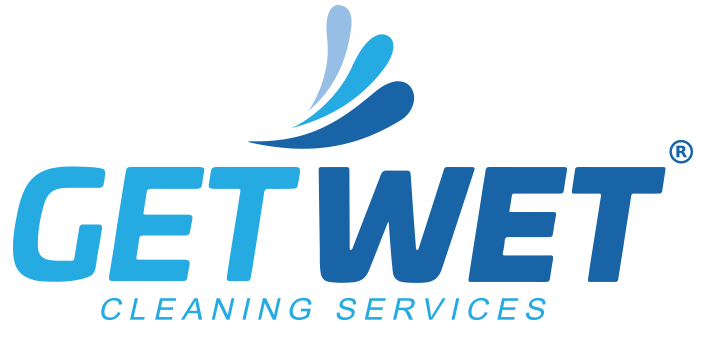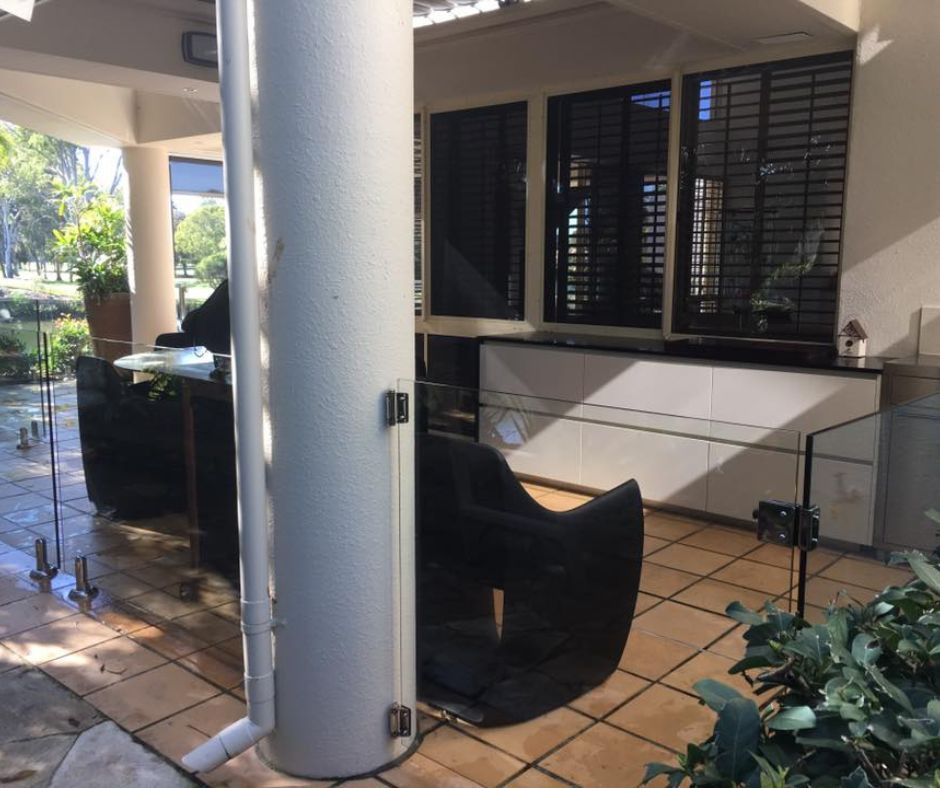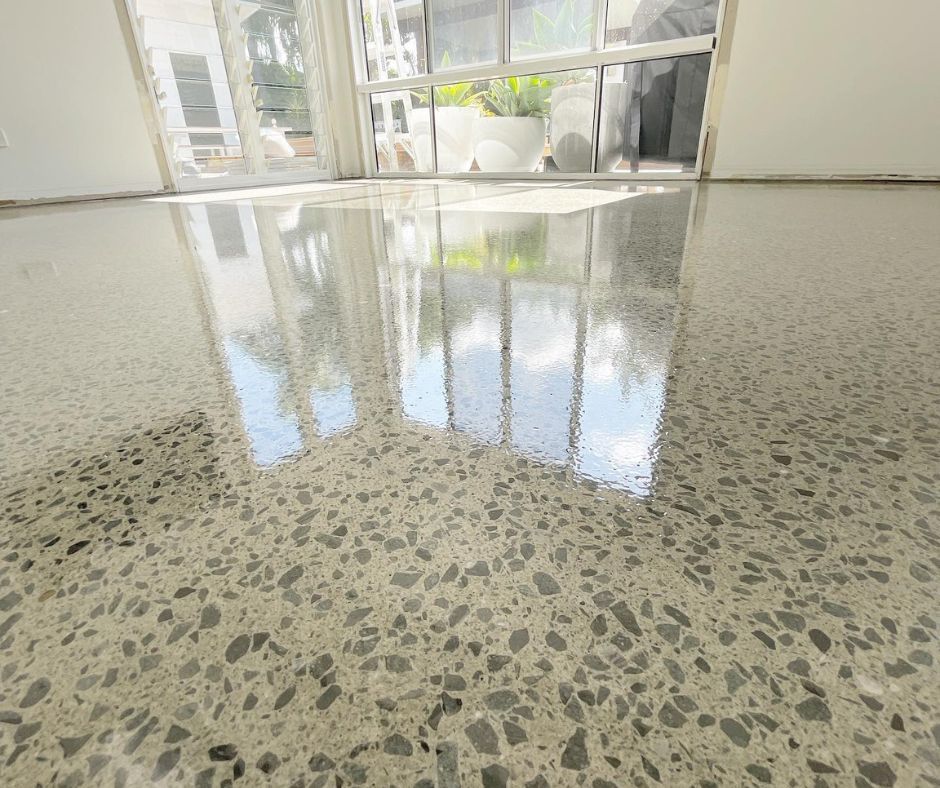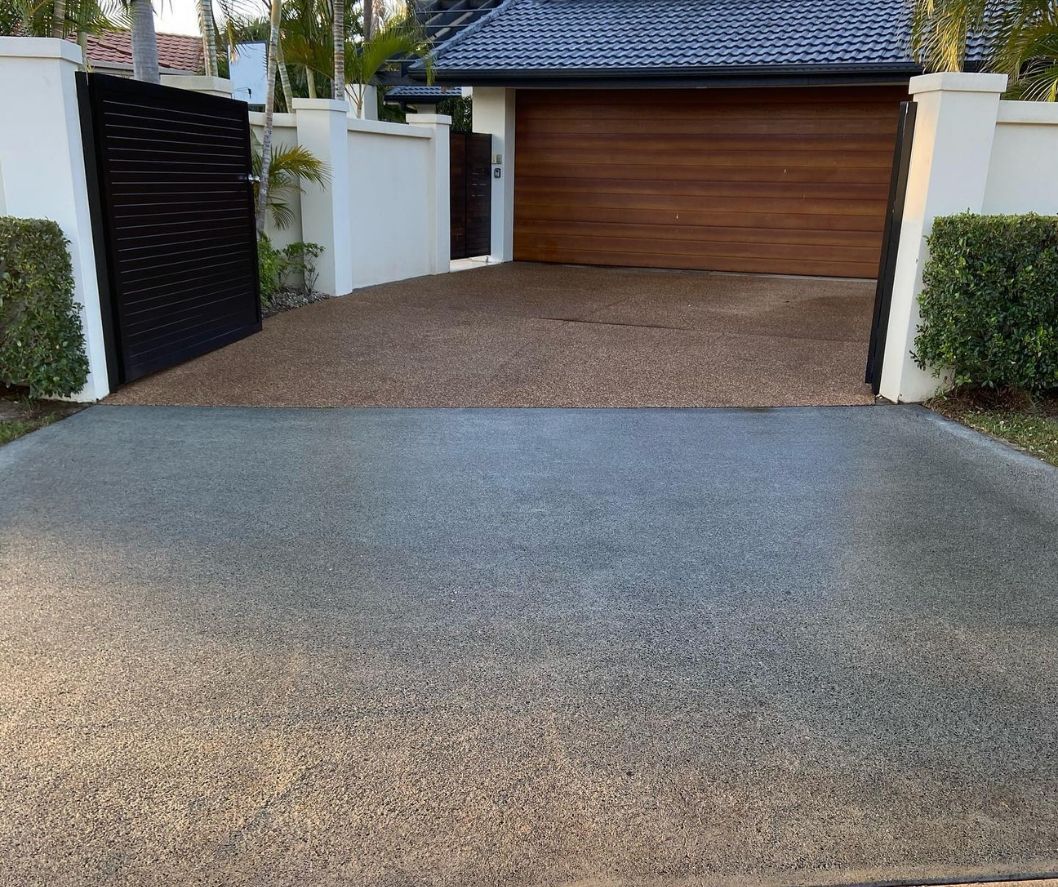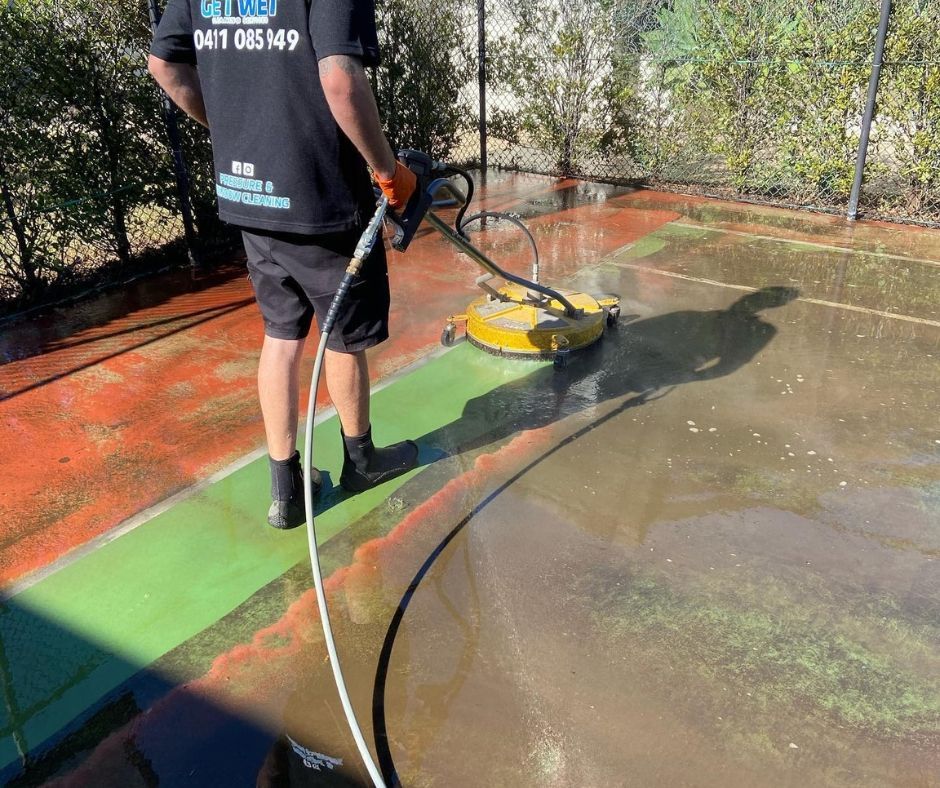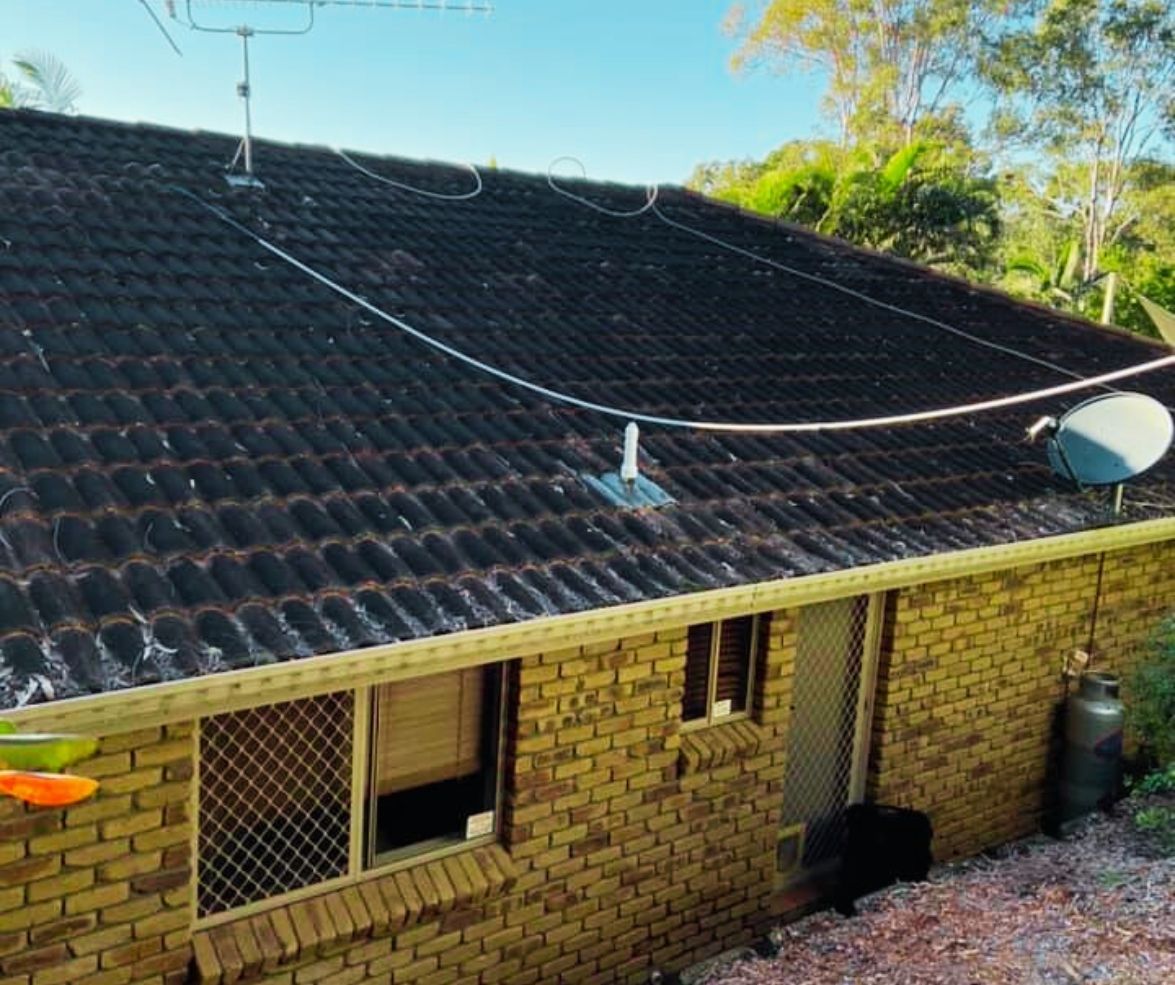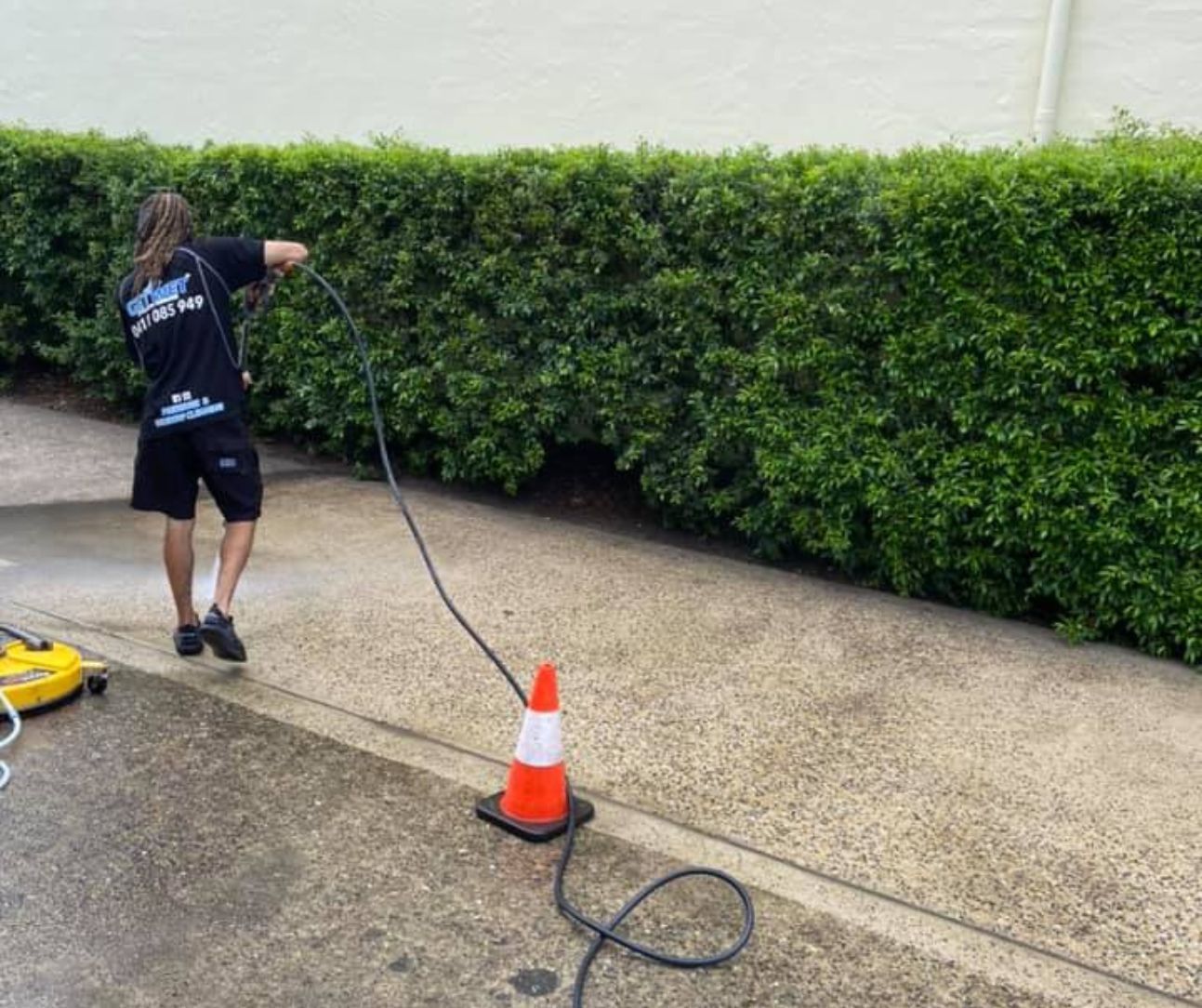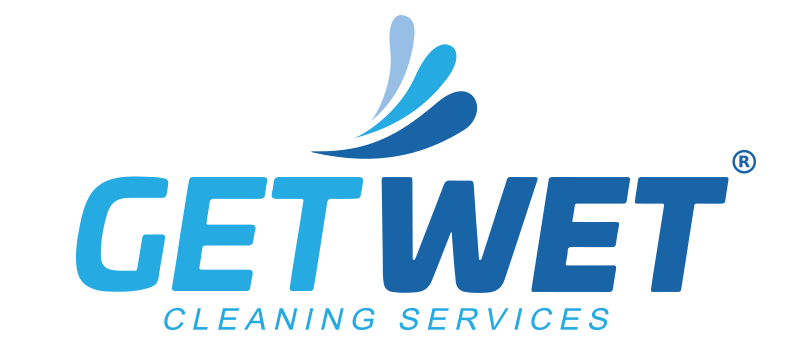Can You Clean Windows with a Pressure Washer? – Truth from Pros
If you’ve ever eyed the dust, salt spray and mould on your glass and wondered, “Can you clean windows with a pressure washer?”, you’re not alone. Pressure washing approach is the fastest way to cut through grime, especially on upper floors or tricky angles, but with precautions.
In this guide, we’ll explain when pressure washers are suitable for windows, the risks, safer alternatives and why calling in a
professional window washer often saves money.
What Is a Pressure Washer & How It Works
A pressure washer uses a pump to push water through a nozzle at high pressure to dislodge dirt. For windows, the idea is to adapt that force so it becomes gentle enough for glass and seals.
High Pressure vs Soft Washing
High pressure focuses on impact energy to blast away grime (great for concrete). Soft washing uses low pressure and detergents to lift contaminants (better for delicate surfaces like glass, frames and painted trims).
Why Pressure Matters for Glass
Glass is rigid but brittle. Although seals, glazing putty and weep holes can handle rainwater, they are not designed for high-pressure water jets. Excess force or a tight spray can cause chips, seal failure, or water intrusion. So while a pressure washer can be adapted to windows, it takes the correct nozzle, distance, angle and restraint.
Potential Benefits of Pressure Washing Windows
If you’ve wondered, “Can you clean windows with a pressure washer?”, here’s how controlled, low-pressure methods can deliver faster cleans and crisp, streak-free results on Gold Coast homes and shopfronts.
Quick removal of grime, mould, algae
Salt spray, coastal humidity and subtropical rains on the Gold Coast can leave glass hazy and frames mouldy. Proper window washing with an appropriate detergent can eliminate organic growth quickly.
Reaching high or hard-to-access windows
With extension and low-pressure water-fed poles, upper-storey panes and awkward angles can be addressed from safe ground positions, reducing ladder time. Innovative options, such as the use of drone washers, can also make the process more efficient, especially for high-rise buildings or properties with restricted access.
Efficient
Low pressure, combined with the right detergent, loosens dirt quickly, reducing scrubbing time, especially on large commercial windows.
Satisfying visual results when done correctly
A controlled soft-wash followed by a deionised rinse and professional squeegee finish leaves glass clear and streak-free.
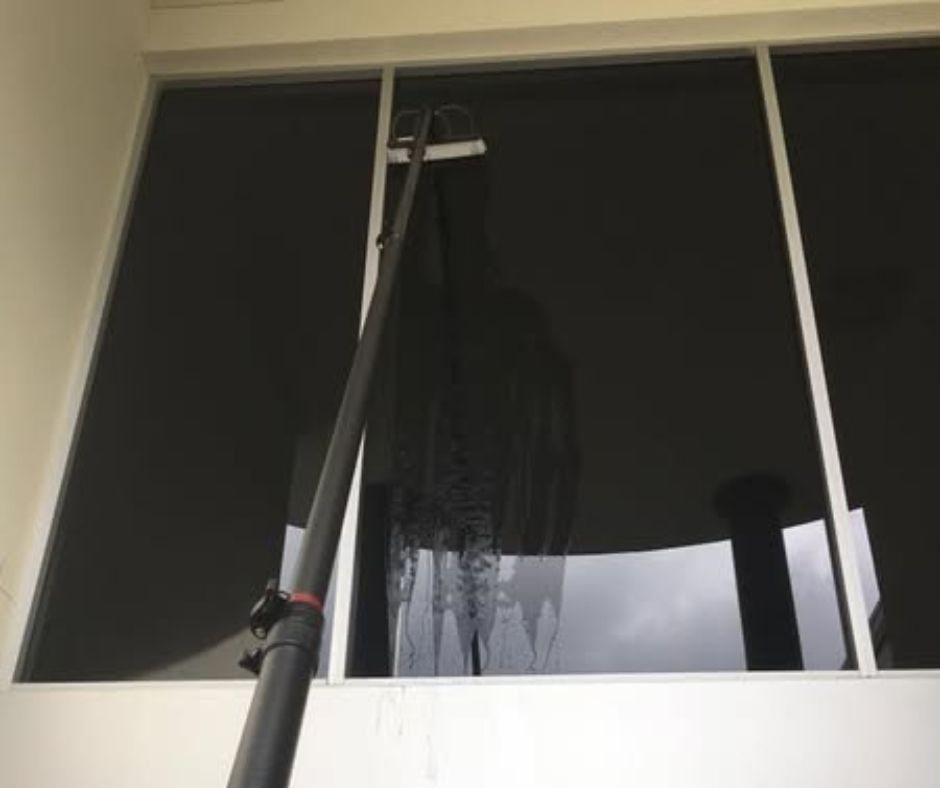
Risks, Downsides & What Can Go Wrong
Can you really clean windows with a pressure washer safely? Before you reach for the washer, know that glass and its fittings aren’t built for concentrated force. Here’s what can go wrong and how fast it can happen.
Glass Damage
A needle-like jet (e.g., a 0° tip) concentrates force and can chip edges or propagate micro-cracks, especially on older panes or sun-baked glass.
Damage to Window Frames, Seals and Caulking
Direct spray at frame joints can lift paint, push water past seals or disturb glazing beads, leading to rattles and future failures.
Risk of Water Intrusion/Leaks
Jetting into weep holes or under flashings can drive water behind frames and into wall cavities. Hidden moisture invites mould and can damage plasterboard or wiring.
Streaks, Surface Damage, Safety Hazards
Improper technique etches glass, leaves zebra streaks and oxidises aluminium trims. High pressure can also kick back, causing loss of footing, especially dangerous on ladders or wet surfaces.
Can You Clean Windows With a Pressure Washer in a DIY Way?
These are the limited scenarios where a careful, low-risk DIY approach can make sense.
Type of Glass
Tough single-pane or tempered glass tolerates gentle rinsing better, while low-E, double-glazed, tinted, or heritage panes are fragile and should be left to pros.
Lower Pressure Settings/Washing Attachments
Stick to wide-fan tips and detergent-assisted soft washing so the detergent, not the pressure, does the heavy lifting.
Windows that are Easy to Reach
Only attempt windows you can reach from firm, dry ground without ladders or awkward body positions.
Seasonal/Frequent Maintenance
Regular light cleans are suitable for DIY, but heavy buildup that needs scrubbing or dwell time is a job for professionals.
When Professional Window Cleaning is the Better Choice
There are clear scenarios where calling a trained operator is the safer, smarter move, such as:
Complex Jobs
High-rise façades, atriums and awkward architectural lines require rope access or water-fed poles that only trained pros should operate.
Better Equipment & Safety Compliance
Professionals bring purified-water systems, soft-wash gear and documented safety procedures, backed by insurance and certified training.
Long-term Cost Savings
Expert cleaning prevents etching, frame corrosion and seal damage, saving you from pricey repairs or early window replacement down the track.
Local Climate Factors
On the Gold Coast, salt mist and UV accelerate corrosion and chalking. We adapt chemistry and dwell times so frames and glass are cleaned without etching or oxidising.
Delicate or Specialty Glass
Low-E coatings, tinted panes and decorative glazing need the right solutions and techniques to avoid scratching, hazing, or voiding warranties.
Older or Ageing Windows
Experienced cleaners assess the condition first and use gentle methods to reduce stress on brittle glass and fragile seals, preserving what’s already there.
Best Practices If You Attempt DIY Window Washing
From a professional standpoint, if you insist on handling basic window cleaning, meet these minimum standards to protect the glass, frames and your own safety.
Use the Right Pressure + Nozzle + Distance
Maintain low pressure with a fan nozzle and keep a safe stand-off distance to avoid etching glass, forcing water past seals, or damaging frames.
Use Soft Wash or Cleaning Agents Safe for Glass
Choose pH-balanced, glass-safe detergents to lift grime without attacking coatings, tint, or hardware.
Pre-soak, Gentle Rinse, Finishing Touches
Pre-wet the surface to loosen contaminants, rinse lightly, then finish with a professional squeegee and clean microfiber to prevent spotting, haze and lint.
Safety Gear
Wear cut-resistant gloves and eye protection and work from stable, level footing (not improvised platforms) to reduce slip, chemical and impact risks.
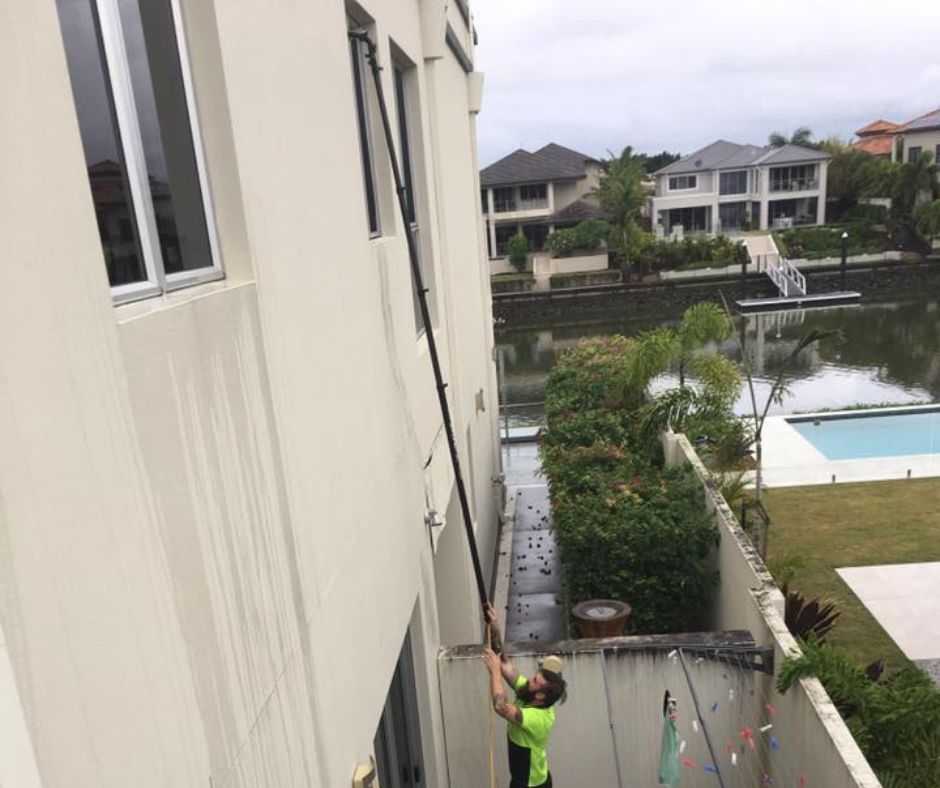
How Get Wet Cleaning Services Does Window Cleaning Differently
At Get Wet Cleaning Services, we combine smart processes with expert people and pro-grade gear to deliver spotless results safely, consistently and with zero fuss.
Specialised Tools & Equipment
We use commercial water-fed poles, purified-water systems and professional squeegee sets to clean faster and deeper without leaving mineral spots or residue.
Trained Staff, Police-checked, Insured
Every operator is professionally trained, police-checked and fully insured, so you get reliable service on site and total peace of mind.
Quality Outcomes
Our methodical workflow prevents streaks and overspray, protects frames and seals, and finishes the job efficiently with minimal disruption.
Full Service & Guarantees
From pre-inspection to final quality check, we handle everything end-to-end and back our work with clear service guarantees.
Conclusion
Can you clean windows with a pressure washer?
Yes, pressure washers can be used on windows under tightly controlled conditions, but the risks are real, so DIY should be limited to low-risk, ground-level jobs with simple access.
For anything involving height, complex access, delicate coatings, or stubborn contamination, professional window cleaning is the safer, more efficient choice that protects your glass, frames and warranties.
If your windows are high, hard to reach, or need special treatment, get in touch with us for a fast, obligation-free quote and let a trained, insured team handle it properly from start to finish.
Our team can handle
residential window washing and
commercial window cleaning, from single-storey homes to multi-storey offices, shops and strata properties, safely, efficiently and to a streak-free standard.
Key Takeaways
- Pressure washers are powerful tools. Used incorrectly, they can damage glass and fittings.
- Best outcomes come from a soft-wash approach, specialised cleaning solution and careful technique.
- Professionals bring experience, gear and insurance to avoid costly mistakes.
- On the Gold Coast, salt, sun and humidity make expert methods even more important.
- If in doubt, call in a professional. It often saves time, money and headaches.
Frequently Asked Questions
What pressure (PSI) is safe for cleaning windows with a pressure washer?
PSI limits vary by glass type, age and seal condition. Get in touch and we’ll advise the safest settings for your specific windows.
Can I clean windows with a pressure washer, especially double-glazed or thermal ones?
It’s possible under low pressure with a wide fan and safe distance, but the safer option is soft washing or pure-water pole cleaning to protect seals and coatings.
What kind of nozzle tip or attachment should I use for windows?
Use a wide fan nozzle (never a pinpoint/0° jet) with a fixed distance or better yet, a water-fed pole or soft-wash applicator designed for glass.
Is soft washing better than pressure washing for windows?
Yes, soft washing or pure-water systems reduce mechanical stress, protect seals and coatings, and deliver a streak-free finish without forcing water past frames.
How often should windows be professionally cleaned in coastal areas like the Gold Coast?
Frequency depends on exposure to sea spray, wind and building height. Reach out and we’ll recommend a schedule tailored to your property and environment.
What are the warning signs that a window has been damaged by pressure washing?
Look for cloudy or etched glass, water ingress around frames, fogging between panes, lifted paint or sealant, and unusual draughts after cleaning.
Can pressure washing void warranties or seals on modern windows?
Possible, especially if not done by a professional. Warranty terms vary by manufacturer and installation. Contact us and we’ll review your window specs and advise the safest method to keep warranties intact.
What safety precautions should I take when using a pressure washer on windows at height?
Use proper access systems (secured ladders, platforms, or rope access), wear eye/hand protection, avoid overhead jets and never work alone or during strong winds.
How does professional window cleaning compare cost-wise vs DIY in the long run?
A lot of homeowners are asking us, “Can I clean windows with a pressure washer to save money?”, which leads to the bigger question about long-term costs.
Professional window cleaning often costs more upfront than DIY, but it reduces the risk of damage to glass, seals and frames, which avoids expensive repairs or early replacements. Pros work faster and use the right tools and cleaning solutions for longer-lasting results, which means fewer re-cleans and lower time/equipment costs across the year.
What cleaning solutions or detergents are safe with pressure washing for windows?
Use pH-neutral, non-abrasive detergents formulated for glass and pair them with purified (deionised) water to minimise spotting and residue. Avoid ammonia, strong solvents and high-bleach mixes, especially on Low-E, tinted, or coated panes and always verify compatibility with surrounding seals, frames and hardware.
